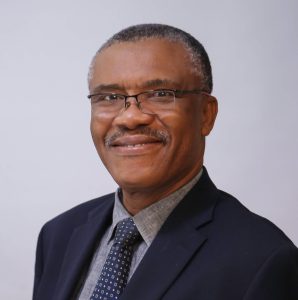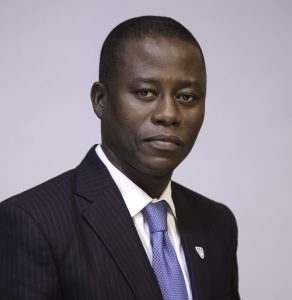Overview
The world is ‘full’ of operations, some more visible, others less so. In all organisations (private companies, NGOs, and public sector), operations must be managed. Even the units/ departments within these organisations must also manage their operations, whether it is about sales, or even report writing in administration units and finance departments.
For executives, managing operations is inevitable. If they fail to do so, the operations do not disappear. Largely, the tangible value that a company generates for its customers occurs through its operations management. Managers who neglect operations management are wasting an opportunity to ensure the competitiveness of their companies. Good operations management can be used to contribute to the welfare of society in so many ways. This programme is designed to equip the participants with the skills and competencies required to plan, allocate resources, and execute the operations activities of a company most efficiently and effectively.
Learning Objectives and Benefits
At the end of this programme, you will be able to:
- Acquire and apply analytical capability to manage any form of operations.
- Develop skills and competencies to optimize organisation’s resources and achieve key targets.
Who should attend
This programme will benefit all executives with the responsibility of managing operations in manufacturing companies, NGOs, service companies including hospitals, Insurance, banking and finance and transport sectors.
Structure and Curriculum
Value creation and fundamental Concepts of Operations
- Value creation through operations management
- The characteristics of service & manufacturing operations
Understand Operations Processes
- Process flow design
- Input/output analysis
- Queue management/operations planning and scheduling
Aggregate Planning & control Decisions
- Capacity planning
- Enterprise Resource Planning (ERP)
- Forecasting and inventory management
- Inventory Models
Strategic Procurement & Logistics Management
- Procurement concepts
- Distribution planning
- Logistics planning and analysis
Operations Costs and analysis
- Financial planning
- Applying Analytics to Big Data in Operations Management
- Measuring operations performance
- Statistical process control
- Ethical issues
Admission process
1. Click on the Apply Now tab
2. Select the number of participants to enroll on the programme
3. Fill in your details to complete your application
4. Request for an invoice or make an instant payment via our secured payment gateway
5. Upon confirmation of payment, a programme manager will get in touch with you at least three days before the programme commences.
Faculty

Dr. Ojadi has consulted widely for many companies (including banks, food and beverage and distribution and retail companies, and urban transport development) in the areas of procurement improvement and logistics and supply chain optimisation. He is a member of the Editorial Board of the South African-based Journal of Transport and Supply Chain Management. Dr. Frank Ojadi obtained a bachelor’s degree in Engineering Physics from the University of Ife in 1981 (now Obafemi Awolowo University), an MBA from the Maastricht School of Management, Netherlands, and PhD in Transport Economics from the Department of Transport and Supply Chain Management of the University of Johannesburg, South Africa.

Dr Marvel Ogah is a full-time faculty and facilitates sessions in Operations Management at Lagos Business School.
Marvel has worked in plant leadership and consulting roles within multinational cum local business environments spanning over two decades of operations management experience in leading manufacturing and service-oriented teams towards organisational excellence. His areas of expertise include efficient plant management, supply chain, robust S&OP process, capability building, operations strategy, business process improvement, process efficiency sustainability, and lean enterprise. He also has expertise in Process Kaizen Event (PKE) deployment geared towards sustainable value-driven operations.
He earned his Bachelor’s degree from the University of Nigeria, Nsukka, an MBA (Operations Management) from Ambrose Alli University, Benin City, a PGD in Chemical Engineering from the University of Lagos, and a doctorate from Walden University, Minneapolis, USA.
